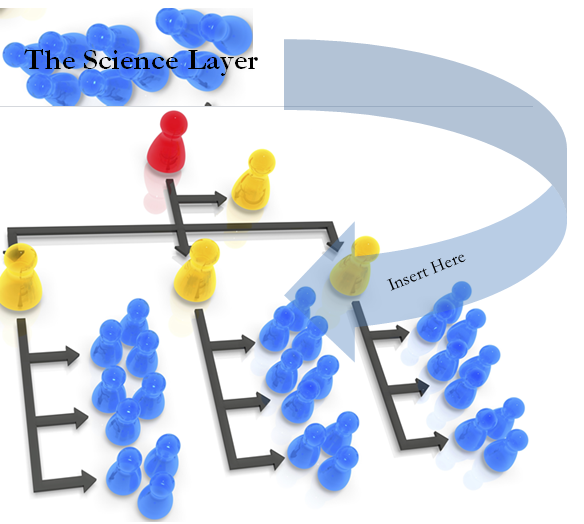Social enterprise network platforms are a hobby of mine. I really enjoy learning all of the corporate options to “go social”
Companies can build their own site with MS sharepoint or they can purchase turn-key software being offered commercially.
What I find fascinating about this is not the change management that required to get employees to actually embrace these powerful tools. Nor is it the great options being developed and sold by different companies. What amazes and excites me about social enterprise networking tools is the great potential they offer a company or any organization to get more healthy organizationally.
Toxic organization cultures drive me nuts ! I think that I am more sensitive to toxicity than the average employee nevertheless I am a unsympathetic with leadership creating toxic environments by ignoring culture or creating unhealthy environments with their behavior.
The behaviors necessary for an organization to become more social are the same behavior changes that an organization needs to become more healthy. Behaviors such as openness, collaboration, helpfulness, selflessness, doing what is right for the organization above personal career ambitions.
In general, the same people who will scoff at ever using a social platform are the same people who make organizations toxic and are the same people who behave selfishly in their careers, who keep secrets, who won’t collaborate with anyone outside of their tight circles.
For me engagement in social enterprise software is becoming a litmus test. I realize that this may be a bit too soon since we are only in early stages of social enterprise acceptance.
I am convinced that organizational health can be helped, can be driven from within partially using social enterprise software. This is why I feel that organizations should “go social”, a healthy organization is far better to work in than is an unhealthy one.
Please comment on this post and connect …





